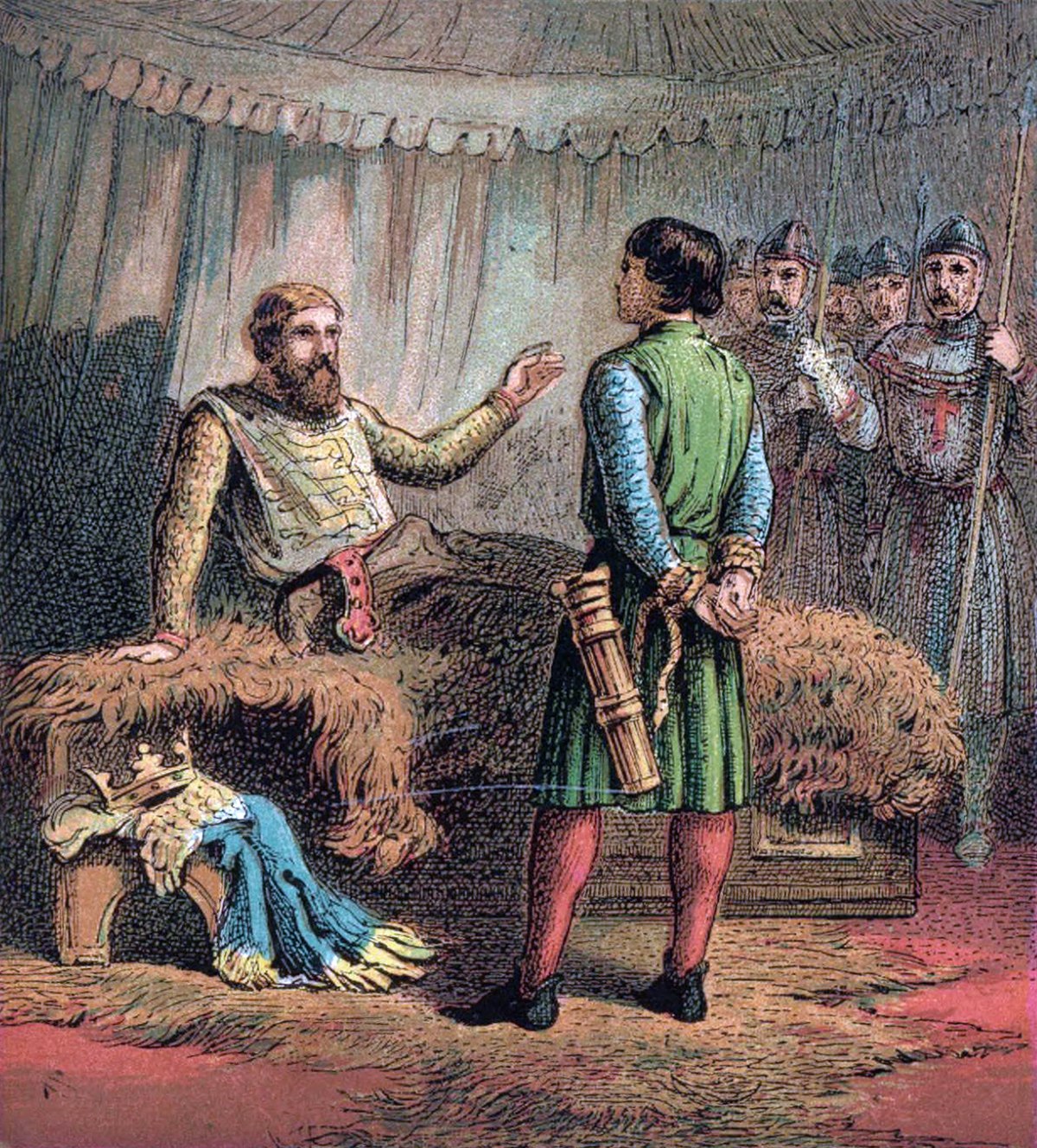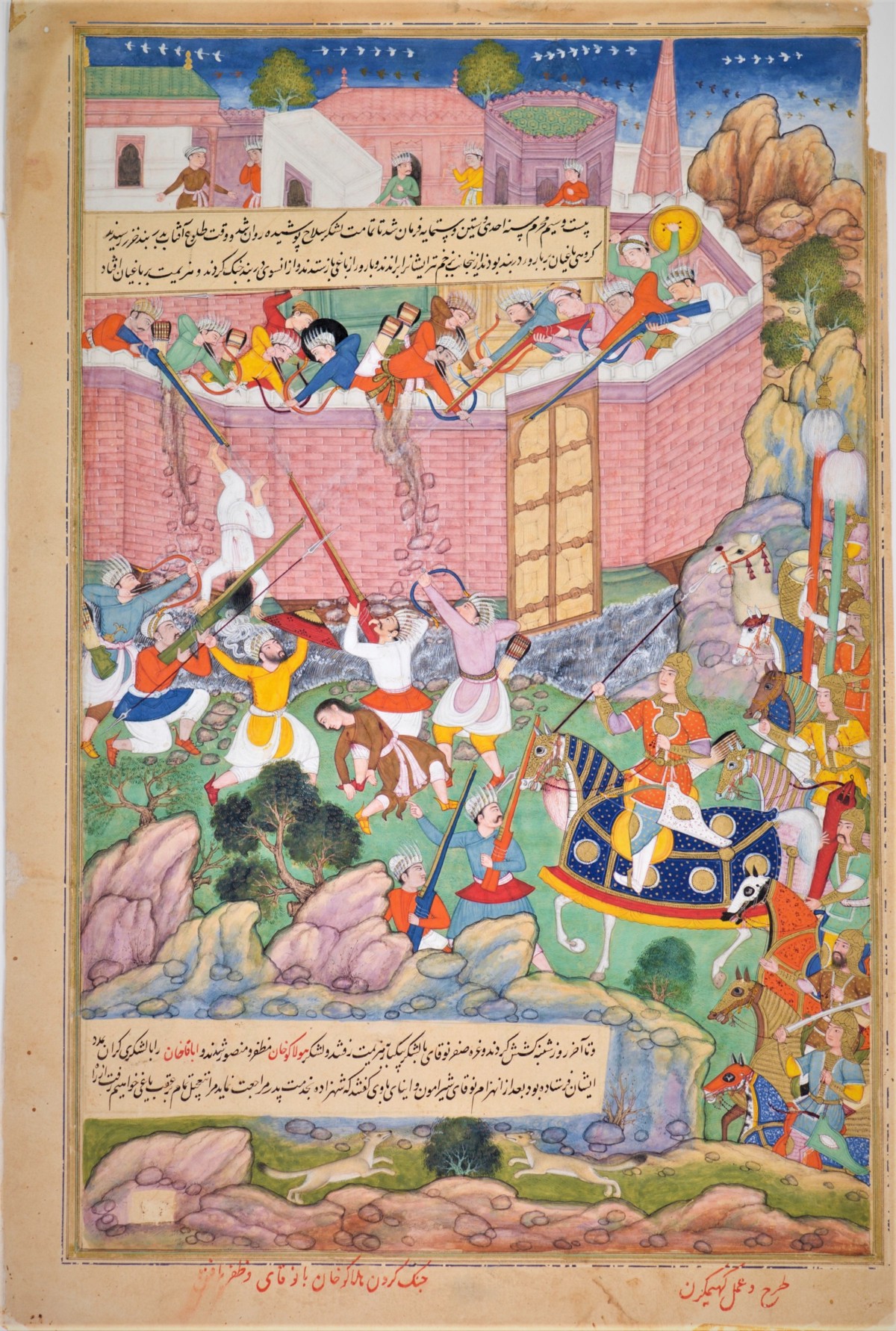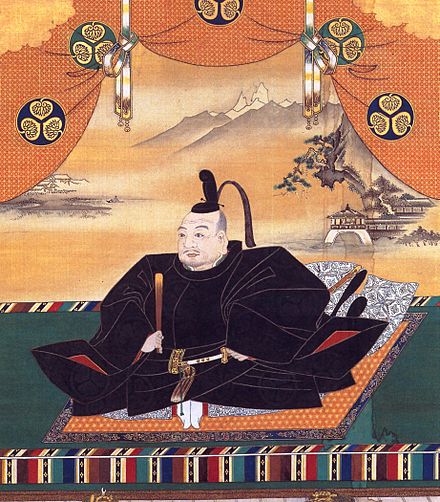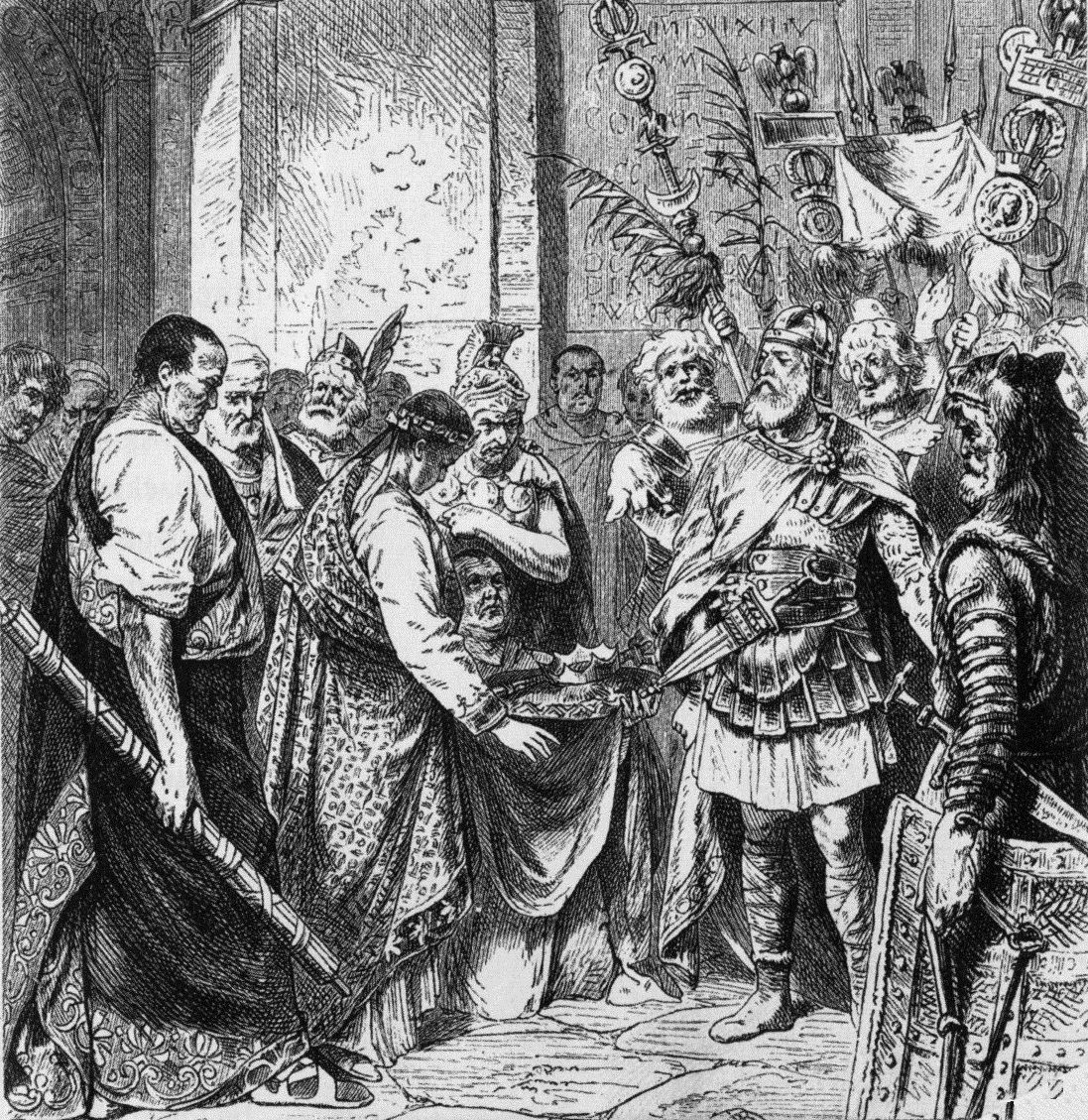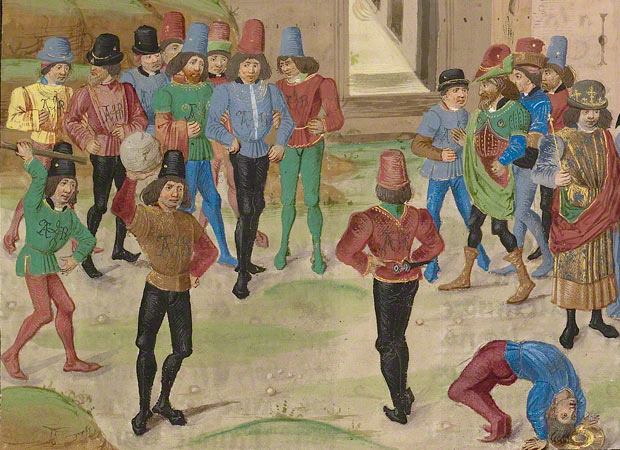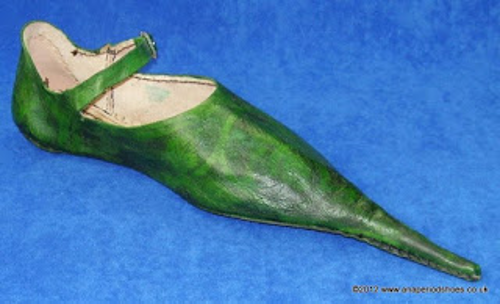If you have any young friends who aspire to become writers, the second greatest favor you can do them is to present them with copies of The Elements of Style. The first greatest, of course, is to shoot them now, while they’re happy. – Dorothy Parker, Esquire, 1959
The writer’s only responsibility is to his art. He will be completely ruthless if he is a good one. He has a dream. It anguishes him so much he must get rid of it. He has no peace until then. Everything goes by the board: honor, pride, decency, security, happiness, all, to get the book written. If a writer has to rob his mother, he will not hesitate; the “Ode on a Grecian Urn” is worth any number of old ladies. – William Faulkner, interview in Paris Review, 1956
I don’t think Henry James ever knew how ordinary people behave. His characters have neither bowels nor sexual organs. He wrote a number of stories about men of letters, and it is told that when someone protested that literary men were not like that, he retorted, “So much the worse for them.” Presumably, he did not look upon himself as a realist. Though I do not know that it is a fact, I surmise that he regarded Madame Bovary with horror. On one occasion Matisse was showing a lady a picture of his in which he had painted a naked woman, and the lady exclaimed, “But a woman isn’t like that”: to which he answered, “It isn’t a woman, madam, it’s a picture.” I think, similarly, if someone had ventured to suggest that a story of James’s was not like life, he would have replied, “It isn’t life, it’s a story.” —W. Somerset Maugham, “The Short Story”, Points of View, 2011
There isn’t any symbolism in [The Old Man and the Sea]. The sea is the sea. The old man is an old man. The boy is a boy and the fish is a fish. The shark are all sharks no better and no worse. All the symbolism that people say is shit. – Ernest Hemingway, letter to Bernard Berenson, 1952








